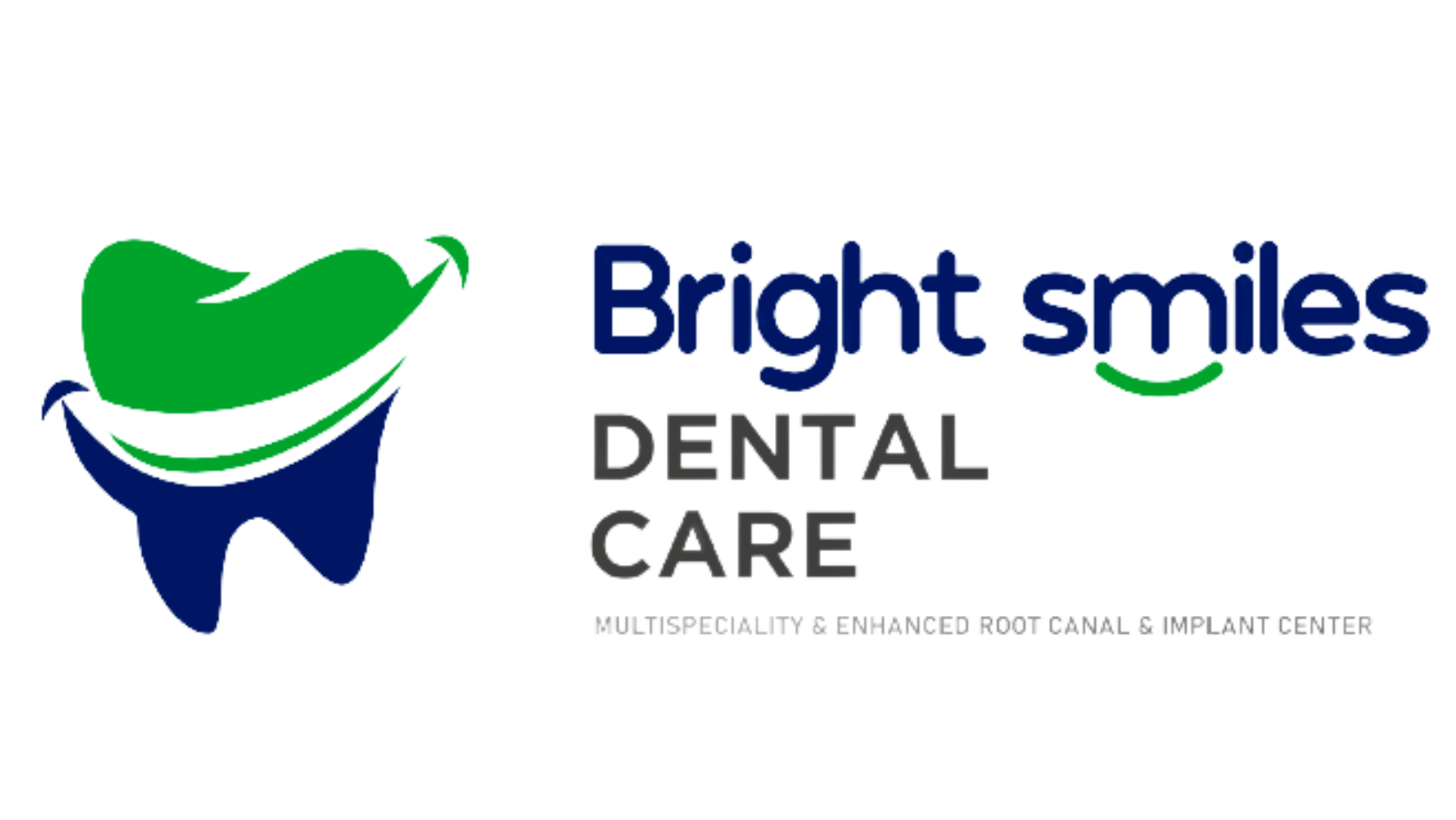
Asked Questions
Is there a difference between Dentists and Orthodontists?
Dentists are trained to diagnose and treat a wide range of dental conditions, including cavities, gum disease, and oral infections. They provide routine dental care, such as cleanings, fillings, and extractions, and they also perform more complex procedures such as root canals, crowns, and bridges. Orthodontists, on the other hand, are specialists in the alignment of teeth and jaws. They diagnose and treat dental and facial irregularities, such as misaligned teeth, crowded teeth, and jaw growth problems. They use a variety of tools and techniques, such as braces, clear aligners, and headgear, to straighten teeth and improve the alignment of the jaw.
Can Dentists treat orthodontic conditions?
In some cases, dentists may be able to provide minor orthodontic treatments, such as space maintainers or limited tooth movement with clear aligners, but they typically refer patients to orthodontists for more complex cases. Orthodontists have specialized training and experience in diagnosing and treating complex orthodontic conditions, and they are equipped with a variety of tools and techniques to provide comprehensive orthodontic care. So, while a dentist may be able to identify and provide some minor treatments for orthodontic conditions, it is best to see an orthodontist for more complex cases or if you want comprehensive orthodontic care.
How often should I visit a Dentist?
It is often recommended that you visit a dentist twice a year or every three to six months.
Our Client Happy Say About Us



There are many variations of passages of Lorem Ipsum available, but the majority have suffered alteration in someform, by injected humour, or randomised words which don’t look even believable.There are many variations of passages of It is a long established fact that a reader will be distracted
Dr. john Martin
Cancer Research
There are many variations of passages of Lorem Ipsum available, but the majority have suffered alteration in someform, by injected humour, or randomised words which don’t look even believable.There are many variations of passages of It is a long established fact that a reader will be distracted
Dr. john Martin
Cancer Research
There are many variations of passages of Lorem Ipsum available, but the majority have suffered alteration in someform, by injected humour, or randomised words which don’t look even believable.There are many variations of passages of It is a long established fact that a reader will be distracted
Dr. john Martin
Cancer Research

See Our Latest Blog
- Abin George
- 0 Comments
Restoring Your Smile: Understanding Caps and Bridges for Damaged or Missing Teeth”
Get back your strong and beautiful smile with dental crowns and bridges
from top dental clinics in Pune.
Experience expert and long-lasting dental care Read more about Caps and Bridges here.
- Abin George
- 0 Comments
“What If Your Dentures Betray You?”
Missing teeth can have a negative impact on your self-esteem and confidence. Dentures can help restore your smile and give you the confidence to interact with others without feeling self-conscious. With dentures, you can enjoy a more active social life and feel better about your appearance. Read more about Dentures here.
- Abin George
- 0 Comments
Understanding Complex Facial Procedures of Maxillofacial Surgery
Maxillofacial surgery can be used to treat oral cancer. This type of surgery can remove cancerous cells and tissue, helping to prevent the cancer from spreading. Early intervention can improve the chances of successful treatment and reduce the risk of recurrence. Read more about Maxillofacial Services here.
- Abin George
- 0 Comments
The Surprising Challenges Facing Pediatric Dental Care Today !!!
Pediatric dental services are specialized dental services that focus on providing dental care to infants, children, and adolescents. These services are designed to meet the unique needs of children, including those with special needs, and help them develop good oral health habits that will last a lifetime. Read more about Pediatric Dental Services here.
- Abin George
- 0 Comments
Periodontal Pain: The Silent Enemy of Your Teeth
Periodontal services are specialized dental services that focus on the prevention, diagnosis, and treatment of gum disease. These services include regular dental check-ups, deep cleanings, scaling and root planning, gum surgery, and more. Read more about Periodontal Services here.
- Abin George
- 0 Comments
The Danger of Delay: Ignoring Diagnostic Services Can Cost You Your Teeth
As with any medical field, accurate and timely diagnoses are critical to effective treatment in dentistry. Diagnostic services in dentistry include a wide range of procedures and tools that help dentists identify oral health problems and create appropriate treatment plans.
- Abin George
- 0 Comments
Overcoming the Challenges of Prosthodontic Services: What You Need to Know
Prosthodontic services refer to the branch of dentistry that focuses on the restoration and replacement of teeth, as well as the diagnosis and treatment of dental and facial problems related to missing or deficient teeth. This can include procedures such as dental implants, dentures, bridges, and other types of restorations that can improve the function and appearance of the teeth and mouth.
- Abin George
- 2 Comments
A Comprehensive guide on Dental Implants
Dental implants are one of the most popular and effective options for tooth replacement, with a success rate of up to 98%. Read more about Dental Implants here
- Abin George
- 1 Comment
Enhance Your Smile and Confidence with Customized Smile Designing
Transform your smile with personalized smile designing. Enhance your teeth’s appearance, functionality, and longevity with a comprehensive analysis of your facial features. Book a consultation with a qualified dentist today. Read more about Smile Designing here.
- Abin George
- 0 Comments
Why Does My Tooth Still Hurt After a Root Canal?
A root canal can also improve overall oral health. An infected or inflamed tooth can lead to other dental problems, including gum disease and tooth decay. By removing the infection or inflammation, a root canal can help prevent these problems and promote better oral health. Read more about Root canal here.










